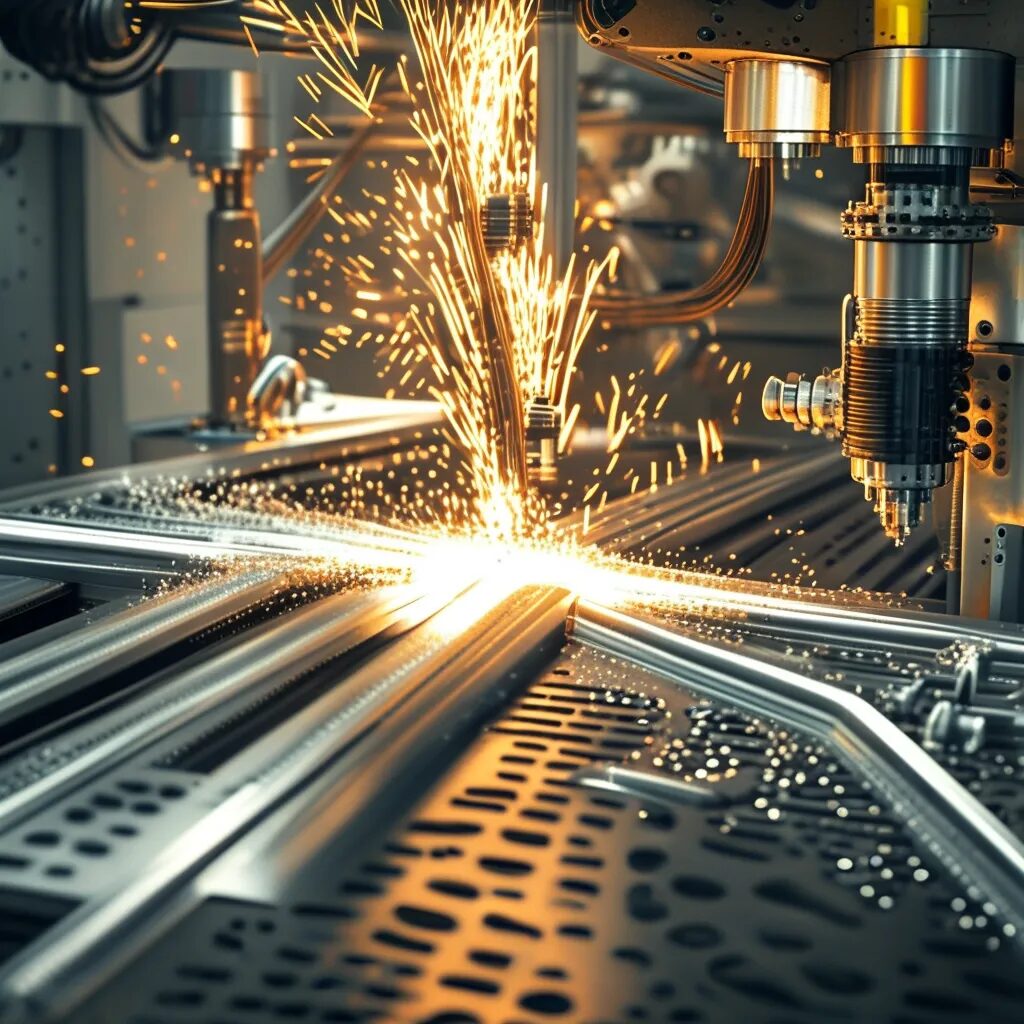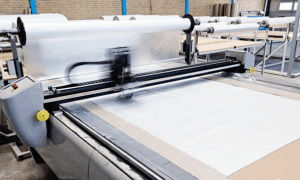In the world of manufacturing and industrial design, the difference between success and failure often comes down to the smallest details. In metal fabrication, precision is not just a desirable quality—it’s an absolute necessity. Whether it’s a component for a complex machine, a structural element in a building, or a custom-designed part for a specialized application, the accuracy with which metal is cut, shaped, and assembled directly impacts the final product’s functionality, durability, and safety.
Why is Precision So Critical?
Metal fabrication plays a pivotal role in shaping the tools, structures, and devices we rely on daily. Ensuring precision in this process is critical to achieving optimal results across various industries. This accuracy goes beyond aesthetics, affecting functionality, durability, and safety.
Functionality
In many applications, metal parts must fit together perfectly to ensure proper operation. Even slight deviations in dimensions can lead to misalignment, friction, and premature wear, ultimately causing equipment to malfunction or fail. Imagine the intricate gears of a clock or the precisely engineered components of an aircraft engine—precision is paramount.
Durability
Precisely fabricated metal parts are better able to withstand stress and strain. When components fit together correctly, the load is distributed evenly, reducing the risk of fatigue and failure over time. This is crucial in applications like construction, where structural integrity is essential.
Safety
In industries like aerospace, medical devices, and automotive manufacturing, precision can be a matter of life and death. Imprecise parts can compromise the safety of equipment and put people at risk.
Aesthetics
While often secondary to functionality and safety, precision also plays a role in the visual appeal of a product. In architectural applications or consumer products, clean lines, smooth surfaces, and perfect alignment contribute to a high-quality finish.
Efficiency and Cost-Effectiveness
Precise fabrication minimizes material waste, reduces the need for rework, and ensures that projects stay on schedule. Getting it right the first time saves time and money in the long run.
Techniques and Technologies for Achieving Precision
Modern metal fabrication relies on a combination of advanced techniques and cutting-edge technologies to achieve the required levels of precision:
- Computer-Aided Design (CAD) and Computer-Aided Manufacturing (CAM): These software tools allow for the creation of highly detailed digital models and the precise programming of machines.
- CNC Machining: Computer Numerical Control (CNC) machines, such as mills and lathes, use computer instructions to automate the cutting and shaping of metal with exceptional accuracy.
- Laser Cutting: This technology uses a focused laser beam to cut through metal with extreme precision, creating intricate shapes and clean edges.
- Waterjet Cutting: Similar to laser cutting, waterjet cutting uses a high-pressure stream of water mixed with an abrasive substance to cut through a wide range of materials, including metal.
- Precision Measurement Tools: Tools like calipers, micrometers, and coordinate measuring machines (CMMs) are essential for verifying the dimensions of fabricated parts and ensuring they meet specifications.
The Human Element
While technology plays a crucial role, the expertise and experience of skilled fabricators are equally important. Understanding the properties of different metals, interpreting complex designs, and operating sophisticated machinery requires a high level of skill and attention to detail.
Achieving tight tolerances in metal fabrication often requires specialized equipment and expertise. Techniques like laser cutting and CNC machining, which are offered by companies such as RefuseFab, can produce parts with exceptional accuracy—crucial for industries like aerospace and medical device manufacturing. Skilled fabricators ensure that the right techniques are applied for each application.
Mastering the Art of Precision
Precision in metal fabrication is not just about meeting specifications; it’s about ensuring quality, reliability, and safety. As industries continue to demand increasingly complex and sophisticated components, the importance of precision will only continue to grow. By embracing advanced technologies and investing in skilled craftsmanship, manufacturers can achieve the levels of accuracy required to meet the challenges of today and tomorrow.



































